Today is Hug Helvetia Day!
February 7, 2011, 7 Comments
One of the best things about living in Bern is Kinomontag, literally ‘cinema Monday’, when all the cinemas in town are cheap. So last Monday I went to see We Want Sex. And no, it wasn’t at one of those cinemas, even though their programmes are listed in the local paper along with all the normal films; does anyone actually look at those and think, ‘Oh yes, I quite fancy seeing Busty Babes in the Woods’? From the little I know of such cinemas, they seem to be an impulse visit more than anything else. As indeed was my trip to see a film originally called Made in Dagenham. The rather bizarre German title (even odder because We Want Sex is written in English) hides the fact that it was a wonderful film based on a true story – the fight for equal pay in Britain in 1968.
As I sat in the cinema with eleven women (none of whom I knew but some of whom clapped at the end), I couldn’t help but think that when British women were fighting for equal pay, Swiss women were still fighting for the right to vote. All that changed forty years ago today – 7 February 1971 – when a referendum gave women the vote at national level: 65.7% of the people and 15.5 cantons said yes (St Gallen, Thurgau, Uri, Schwyz, Glarus, Obwalden and the two Appenzells said no). That was enough to change the constitution and bring Switzerland into the political present. It wasn’t the last European country to change – that was Liechtenstein in 1984 – but it was a few decades behind, partly thanks to the direct democracy system.
The Swiss parliament had approved the change in 1959 but a referendum that year failed with a 66% no. The same year women won the vote at cantonal level in Vaud and Neuchâtel, and a few more cantons followed in the next decade, but it was the national referendum result that broke the dam; by the end of 1972 women could vote at every level in all the cantons. Except two: the half-cantons of Appenzell. Those last bastions of male rule fell in 1989-90, and only then when the supreme court forced Appenzell Innerrhoden to change its constitution.
Luckily it didn’t take so long for women to be elected to parliament. Just eight months after themselves having won the right to vote, 13 women won seats in the 1971 general election. Change can sometimes be slow to happen in Switzerland, but when it does, it can be amazingly progressive. Thirteen years later Elisabeth Kopp became the first Bundesrätin (or female member of the ruling Federal Council), and last year women achieved a majority in the government. When you think that it took Britain 61 years to go from female suffrage to Mrs Thatcher, and the US is still waiting for a Madame President, then 39 years is remarkably fast to progress from no votes to female-led government.
Helvetia has long been the personification of Switzerland, but her daughters had to wait ages for equality. Today is the perfect day to celebrate the success of Swiss women, even if (like me) you are male and foreign. So I think we should all go out and hug a Swiss woman today to let her know that Switzerland is a better place since she has been an equal participant. Go on: give Helvetia (or Heidi, or Laura, or Chloé) a hug. You know you want to.



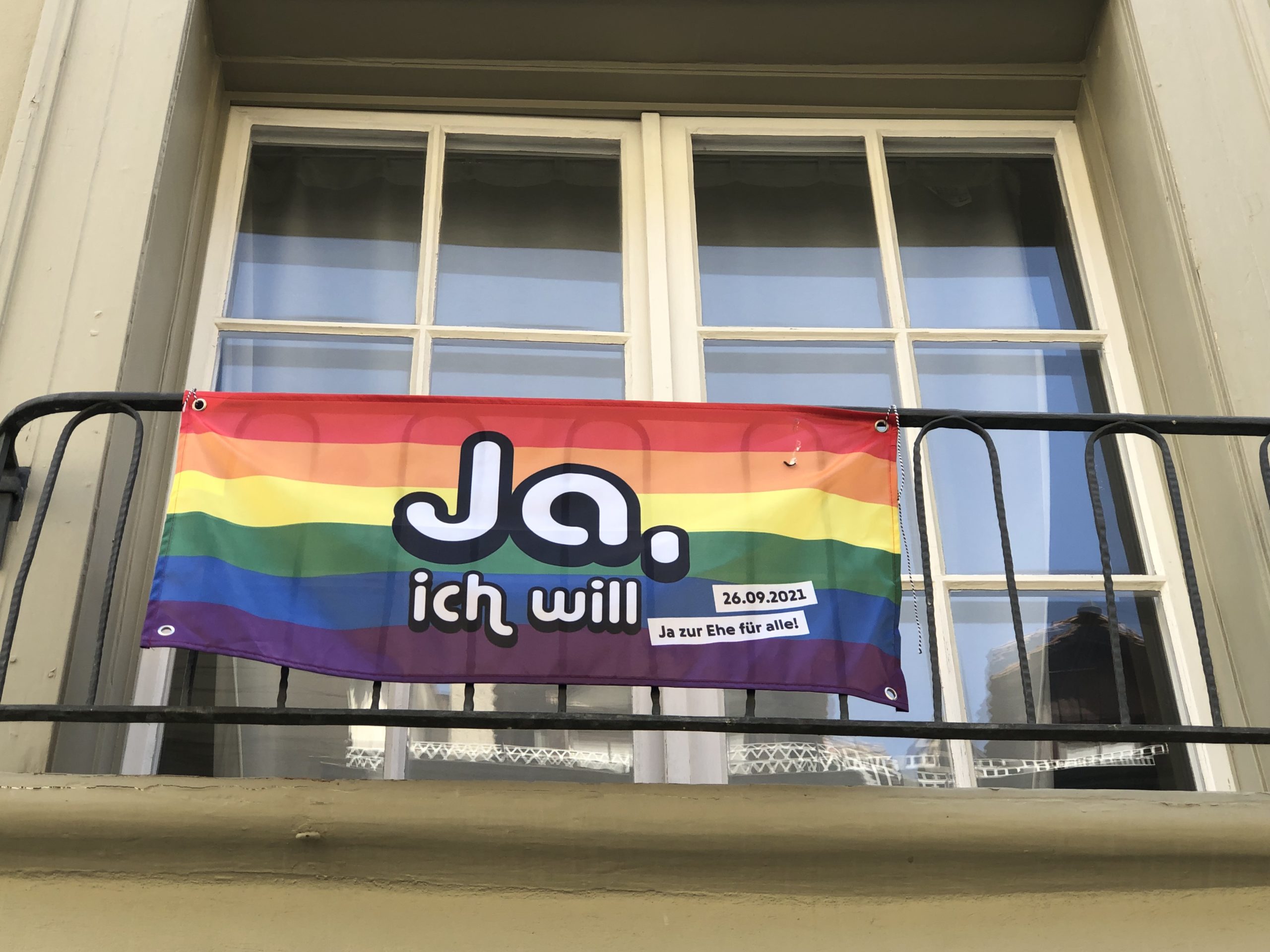
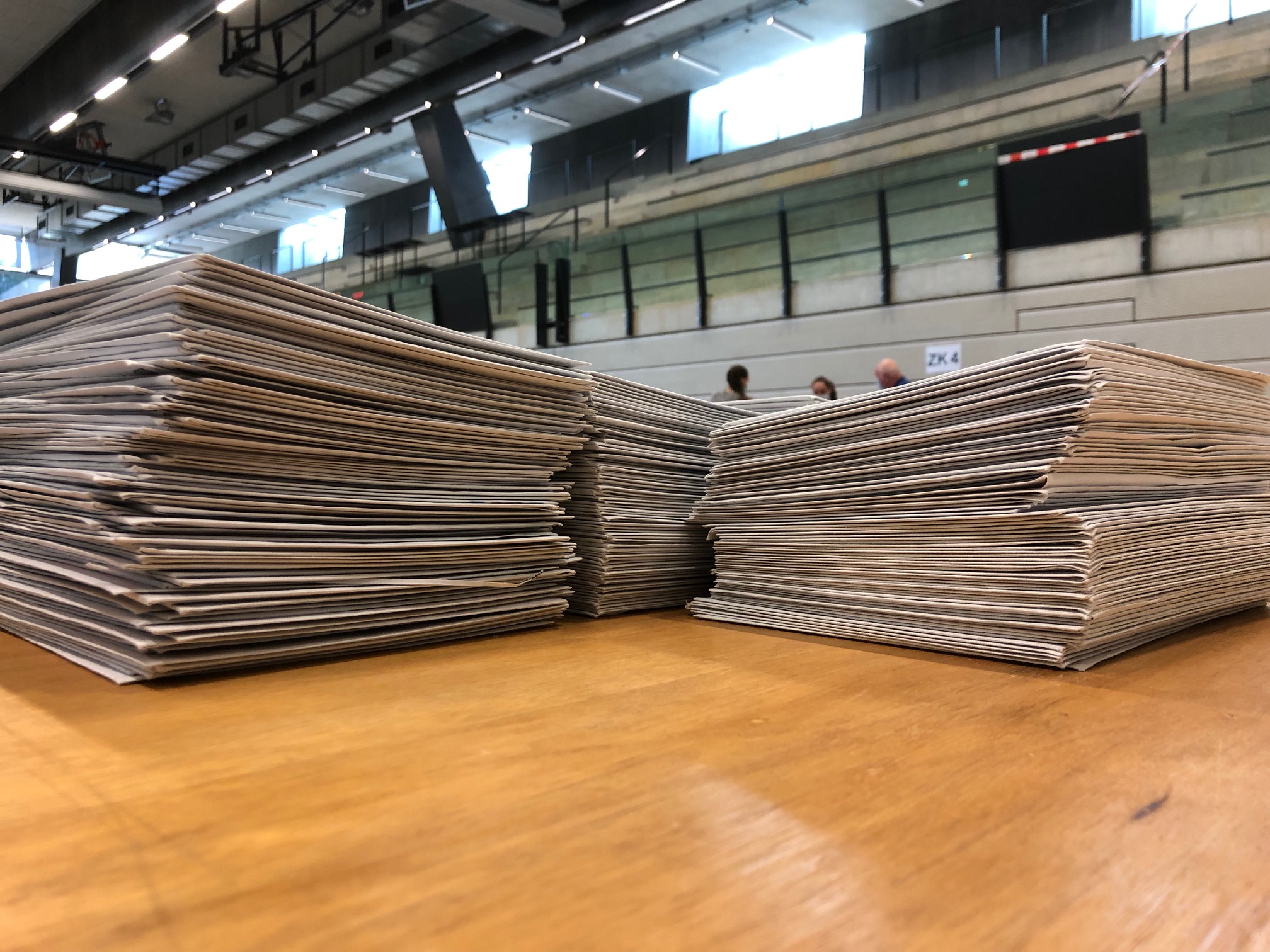
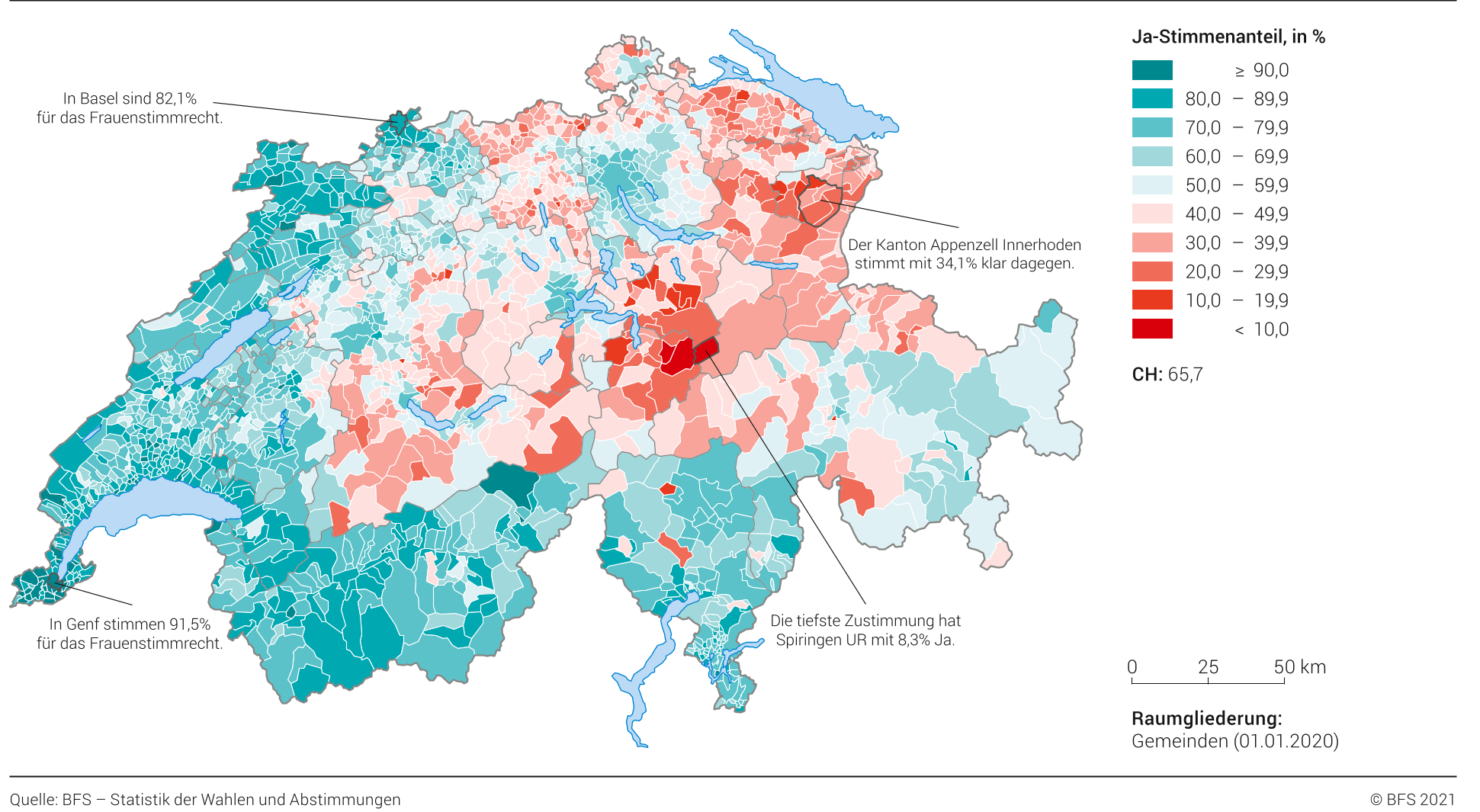



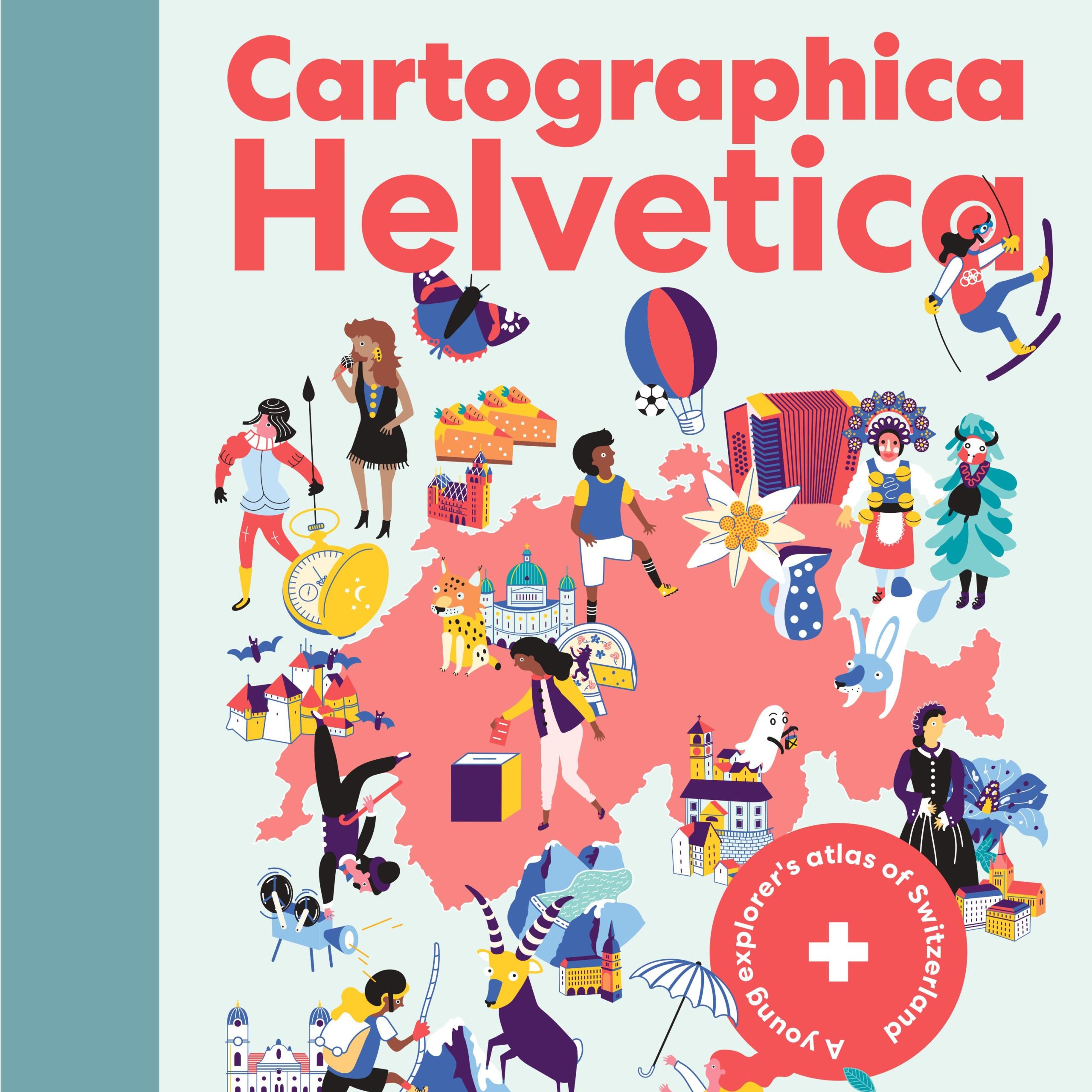
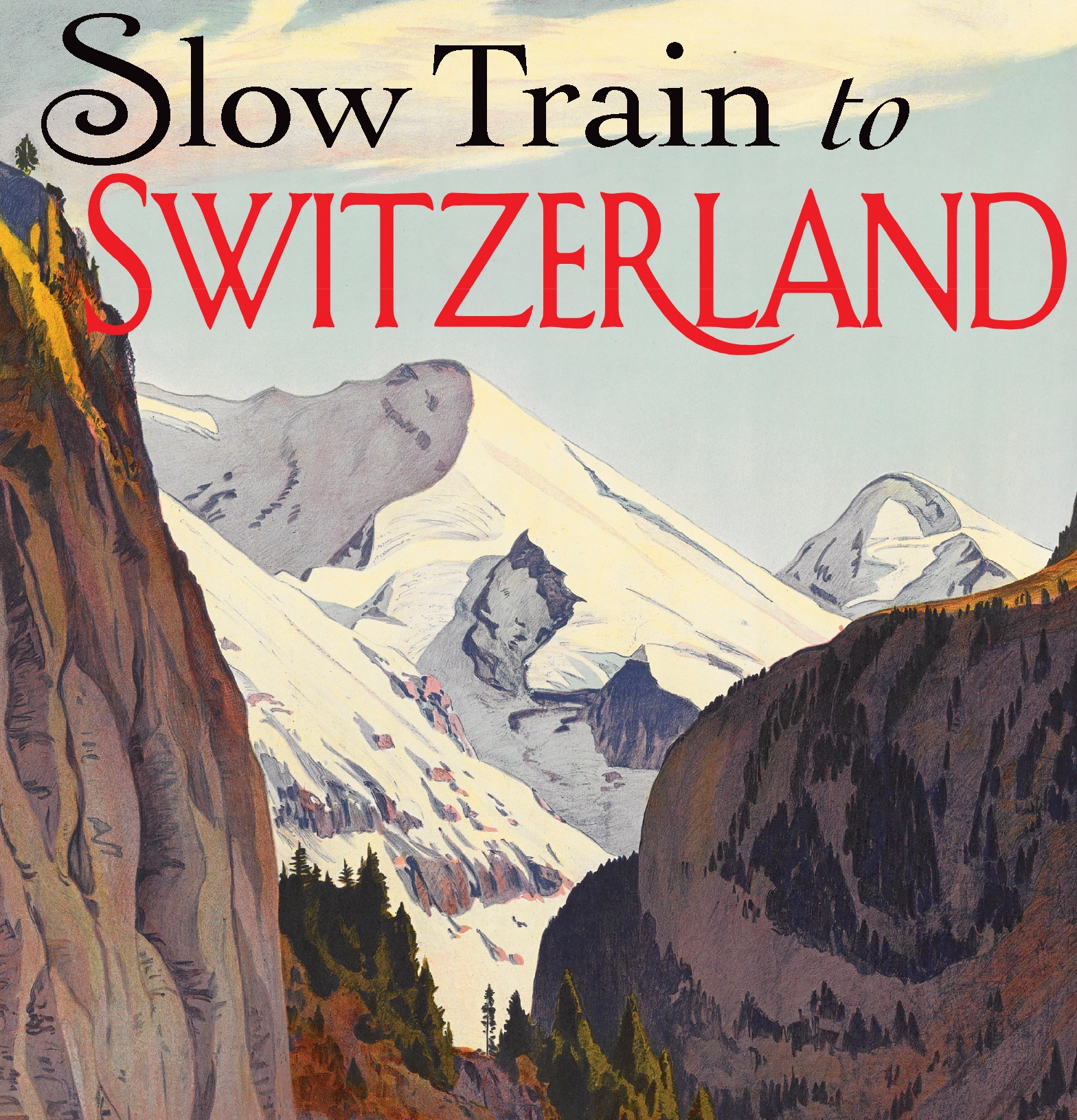

 Follow on Facebook
Follow on Facebook Follow on Twitter
Follow on Twitter Subscribe by RSS
Subscribe by RSS Contact me directly
Contact me directly Global Solutions Inc.
Global Solutions Inc.
7 Comments on "Today is Hug Helvetia Day!"
Wonderful blog again Diccon! This one made me feel very happy, thank you!
I saw a photo of the Federal Council recently and thought it was impressive that Switzerland has a female-dominated government. But then I got to wondering why these women don’t push for changes in the schools system that would help other women get back to work? I went to a swiss state schools info evening the other night and realisation slowly dawned that I wouldn’t be back in the office any time soon – how can I schedule any work around the endless routine of shuttling my kids back and forth to different schools several times a day, not just mornings and afternoons but over lunchtime as well? True, the high cost and complexity of childcare is certainly not a problem unique to Switzerland, and neither is this observation: once women get themselves political power, they never seem to focus on the issues that would help their sisters to get a foot on the ladder.
But to end on a more positive note: I’m off out now for a walk in the winter sunshine with my lovely neighbour, who’s a gemeinde representative (another female politician!), so I’ll give her a hug – and attempt to explain why!
Great read again. Can I just mention that Kinomontag isn’t just a Bern thing, it exists in many towns in Switzerland.
Yes I know but I’ve only ever made use of it in Bern!
I find it strange to celebrate equal rights to vote without mentioning that Switzerland is still not there regarding equality of military service, equality of retirement age and equality of child custody. There seems to be still a long way to go for this conservative country!
Trackbacks for this post